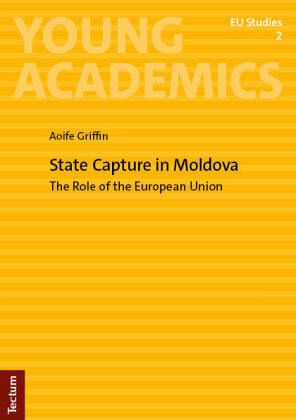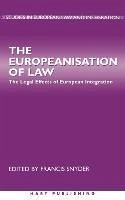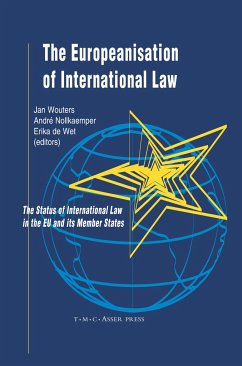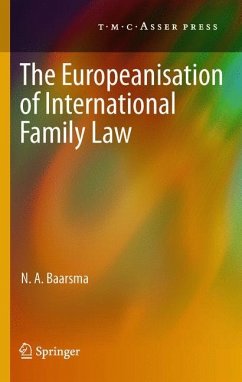
State Capture in Moldova
The Role of the European Union

PAYBACK Punkte
0 °P sammeln!
State capture has proved to be an obstacle to the transition to democracy. Moldova, as a weak state, is subject to the interests of oligarchic networks, who have brought the state apparatus under their direct influence. The underlying dynamics of state capture evolved in 2009 with the election of a coalition of pro-European parties. The elites used the state apparatus to benefit their interests. Despite this ongoing state capture, the European Union (EU) continues to refer to Moldova as a success story in its eastern neighbourhood. This raises questions regarding how the EU was dealing with th...
State capture has proved to be an obstacle to the transition to democracy. Moldova, as a weak state, is subject to the interests of oligarchic networks, who have brought the state apparatus under their direct influence. The underlying dynamics of state capture evolved in 2009 with the election of a coalition of pro-European parties. The elites used the state apparatus to benefit their interests. Despite this ongoing state capture, the European Union (EU) continues to refer to Moldova as a success story in its eastern neighbourhood. This raises questions regarding how the EU was dealing with the problem. Did it address state capture in Moldova, or did it rather play a role in the consolidation of state capture?













